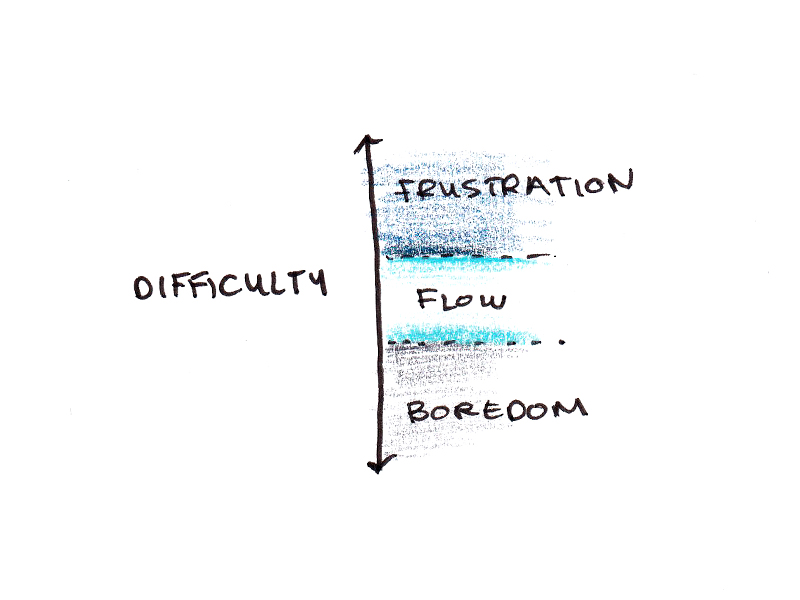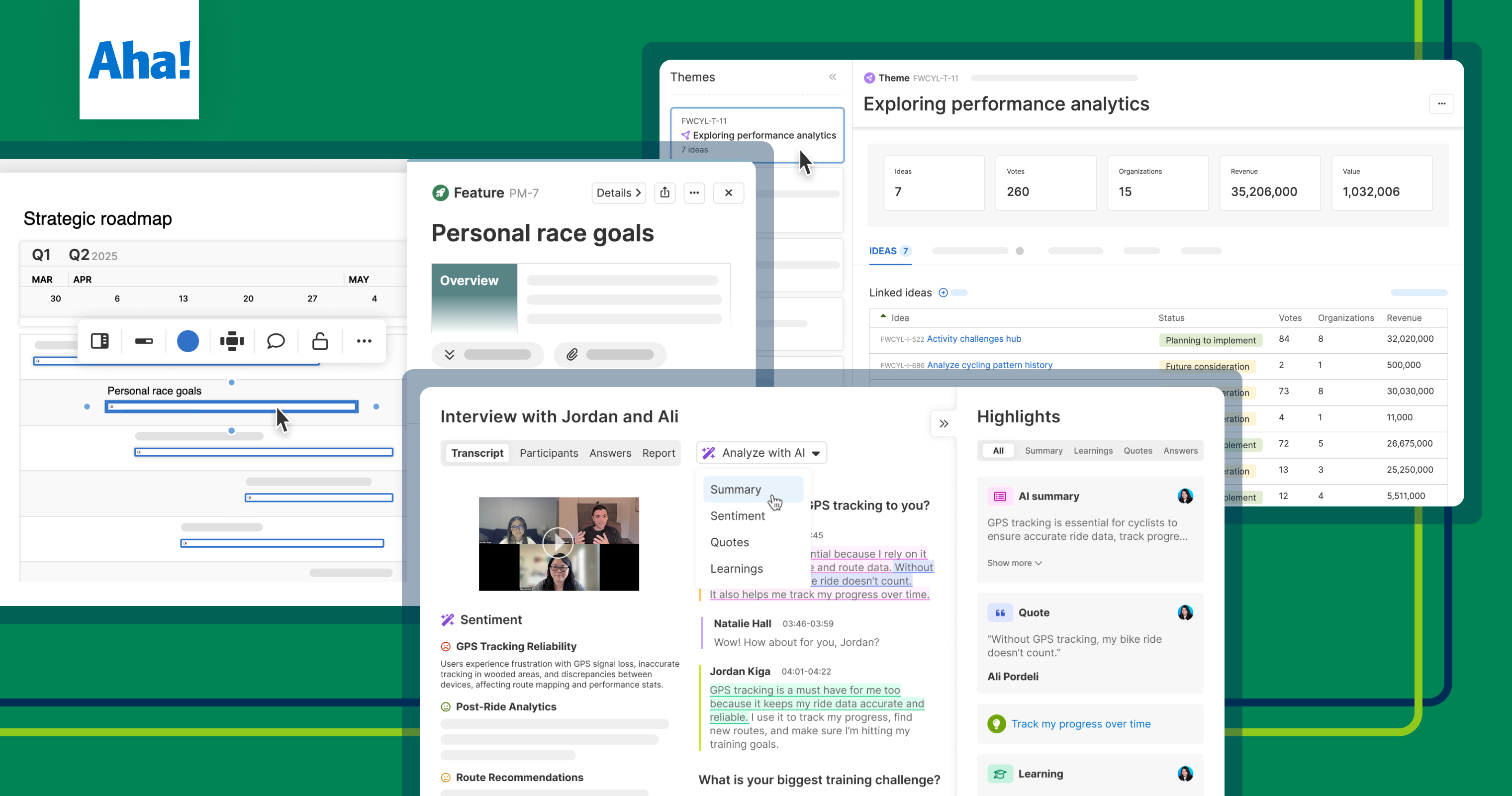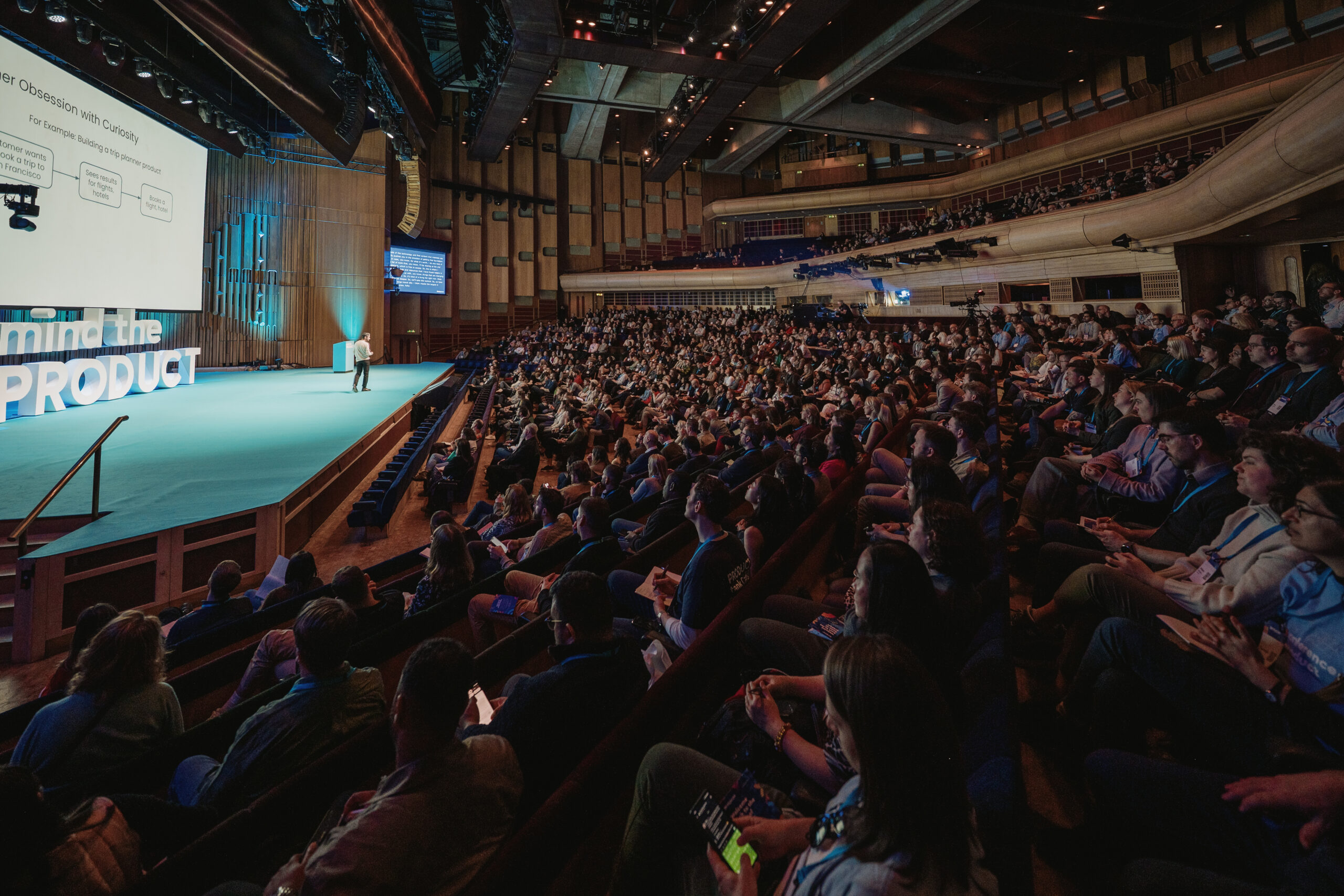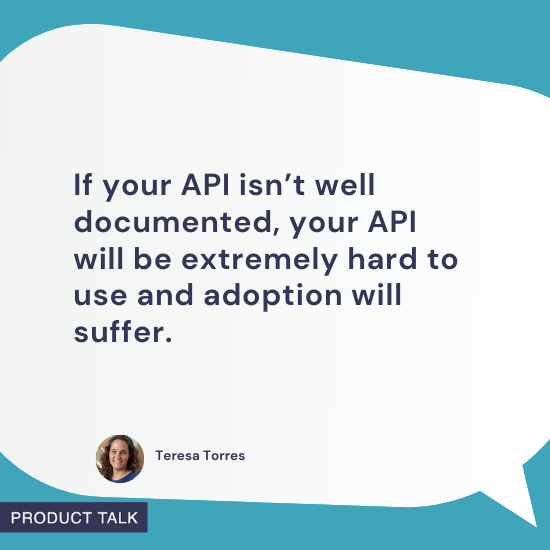Forget a midlife crisis. Middle age is the best time to set new goals
Although the definition is a little loose, “middle age” is the name we give to the period of life before we decide someone is officially old. When someone in the United States has reached the age of 40, they can expect to live for more than 40 additional years, on average. Given this lifespan, as well as changes in beliefs about age and fitness, people don’t really start getting “old” until their mid-60s. So, middle age involves the period between 45 and 60 to 65. There are several excellent reasons to want to reconsider goals for your life somewhere in this period of life. In fact, it can be a great time to reset and think about what else you’d like to accomplish. The road is long—and you want to experience it For one thing, at the age of 50, you may very well have 30 to 40 good years of life left. That means that while you might be able to see the horizon from there, you haven’t hit it yet. But one way to make time feel like it’s moving too fast is for each day to feel a lot like the last one. If you’ve been pursuing the same life goals already for a few decades and are looking forward to several more decades of the same, then you’re unlikely to lay down a lot of the mental landmarks that make life feel long and fulfilling. In addition, that motivation for leaping out of bed in the morning is driven in part by excitement for the future. That excitement is driven by the desire to accomplish something new and important. Reconsidering your goals during middle age gives you a chance to find a different approach to finding this meaning for your life. Your responsibilities are different now A lot of what drives your goals is the responsibilities you have. In your 30s and early 40s, your responsibilities may be quite different from those in your later years. If you’re raising a family, you have time and financial commitments to your children that soak up a lot of time and may also tie you to employment that allows you to support your family. You’re also likely to have daily parenting responsibilities that eat up a lot of your time before and after work. As you move through middle age, responsibilities like raising children often diminish. Not only are you likely to have more free time, but you have fewer financial commitments, which may give you more flexibility to think about where you want to put your efforts. That enables you to rethink where you want to put your efforts and what outcomes you most want to achieve. One big difference in the goals you might consider is that responsibilities are inherently focused on the avoidance of a negative outcome. So, when you have a lot of responsibilities, you may focus your life and career goals around doing things that minimize the chance that something will go wrong. When those responsibilities lift, you are more free to focus more on the ideal life and career goals for you, because the consequences of something going wrong may not be as dire. Your values have probably shifted One of the factors that makes you happy with your life and work is whether your goals in these arenas fit with your underlying values. While values are fairly stable—they tend not to change from one day to the next—they will change over time. Often, you choose a career path based on your values. If you value security, you might select a profession where people rarely get let go. However, if you value achievement, you might choose a career path that is likely to lead to opportunities for promotion and recognition. Or if you value benevolence, then you may value activities that help your community. Suppose that as a young person, you valued achievement. You might have picked a profession that has a lot of visibility and that you know other people would respect. You might even have pursued opportunities to advance and take leadership roles that would lead people to see the importance of your work. As you reach middle age, you may come to value benevolence and want to do more for your community. If you achieved some financial security, you might reset your goals. Perhaps you might retire early and go to work for a nonprofit to better align your work with your current values.

Although the definition is a little loose, “middle age” is the name we give to the period of life before we decide someone is officially old. When someone in the United States has reached the age of 40, they can expect to live for more than 40 additional years, on average. Given this lifespan, as well as changes in beliefs about age and fitness, people don’t really start getting “old” until their mid-60s. So, middle age involves the period between 45 and 60 to 65.
There are several excellent reasons to want to reconsider goals for your life somewhere in this period of life. In fact, it can be a great time to reset and think about what else you’d like to accomplish.
The road is long—and you want to experience it
For one thing, at the age of 50, you may very well have 30 to 40 good years of life left. That means that while you might be able to see the horizon from there, you haven’t hit it yet.
But one way to make time feel like it’s moving too fast is for each day to feel a lot like the last one. If you’ve been pursuing the same life goals already for a few decades and are looking forward to several more decades of the same, then you’re unlikely to lay down a lot of the mental landmarks that make life feel long and fulfilling.
In addition, that motivation for leaping out of bed in the morning is driven in part by excitement for the future. That excitement is driven by the desire to accomplish something new and important. Reconsidering your goals during middle age gives you a chance to find a different approach to finding this meaning for your life.
Your responsibilities are different now
A lot of what drives your goals is the responsibilities you have. In your 30s and early 40s, your responsibilities may be quite different from those in your later years. If you’re raising a family, you have time and financial commitments to your children that soak up a lot of time and may also tie you to employment that allows you to support your family. You’re also likely to have daily parenting responsibilities that eat up a lot of your time before and after work.
As you move through middle age, responsibilities like raising children often diminish. Not only are you likely to have more free time, but you have fewer financial commitments, which may give you more flexibility to think about where you want to put your efforts. That enables you to rethink where you want to put your efforts and what outcomes you most want to achieve.
One big difference in the goals you might consider is that responsibilities are inherently focused on the avoidance of a negative outcome. So, when you have a lot of responsibilities, you may focus your life and career goals around doing things that minimize the chance that something will go wrong. When those responsibilities lift, you are more free to focus more on the ideal life and career goals for you, because the consequences of something going wrong may not be as dire.
Your values have probably shifted
One of the factors that makes you happy with your life and work is whether your goals in these arenas fit with your underlying values. While values are fairly stable—they tend not to change from one day to the next—they will change over time.
Often, you choose a career path based on your values. If you value security, you might select a profession where people rarely get let go. However, if you value achievement, you might choose a career path that is likely to lead to opportunities for promotion and recognition. Or if you value benevolence, then you may value activities that help your community.
Suppose that as a young person, you valued achievement. You might have picked a profession that has a lot of visibility and that you know other people would respect. You might even have pursued opportunities to advance and take leadership roles that would lead people to see the importance of your work.
As you reach middle age, you may come to value benevolence and want to do more for your community. If you achieved some financial security, you might reset your goals. Perhaps you might retire early and go to work for a nonprofit to better align your work with your current values.




































































































![Building A Digital PR Strategy: 10 Essential Steps for Beginners [With Examples]](https://buzzsumo.com/wp-content/uploads/2023/09/Building-A-Digital-PR-Strategy-10-Essential-Steps-for-Beginners-With-Examples-bblog-masthead.jpg)





![How One Brand Solved the Marketing Attribution Puzzle [Video]](https://contentmarketinginstitute.com/wp-content/uploads/2025/03/marketing-attribution-model-600x338.png?#)


































